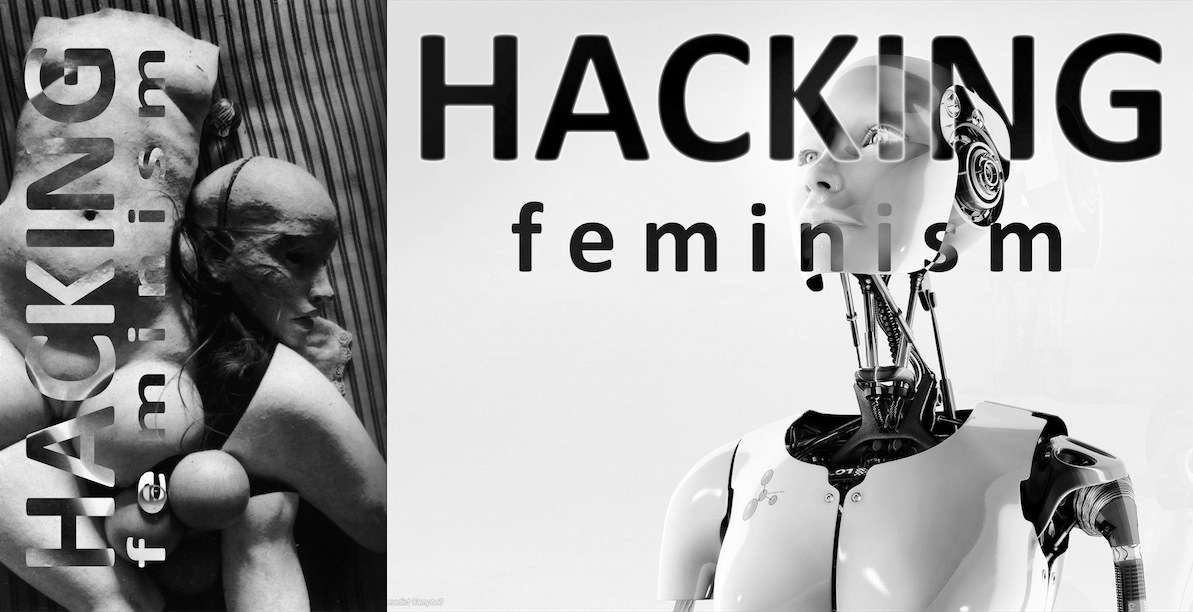The New School, New York, USA | Website

A two-day symposium on Saturday May 9, and Sunday May 10, 2015, The New School (NYC)
Hosted by CTM The Center for Transformative Media (Parsons, New School) and co-sponsored by CTM, The Graduate Center (CUNY) and Punctum Books. Co-organized by Patricia Clough (CUNY), Nandita Biswas Mellamphy (Western), Dan Mellamphy (Western), Svitlana Matviyenko (Western) and Ed Keller (CTM).
Participants List in alphabetical order
Anne Balsamo, School of Media Studies, The New School, USA
Shannon Bell, York University, Canada
Nandita Biswas Mellamphy, Western University, Canada
Zach Blas, University at Buffalo, USA
Sarah Choukah, University of Montreal, Canada
Patricia Ticineto Clough, CUNY, USA
Lucca Fraser, Dalhousie University, Canada
Alexander Galloway, New York University, USA
Nancy Gillespie, Independent Scholar (NY-FLAG)
Thyrza Nichols Goodeve, School of Visual Arts, USA
Margret Grebowicz, Goucher College, USA
Karen Gregory, CUNY, USA
Eileen Joy, Punctum Books, USA
Ed Keller, Parsons The New School for Design, USA
Svitlana Matviyenko, Western University, Canada
Dan Mellamphy, Western University, Canada
Luciana Parisi, University of London, UK
Jasbir Puar, Rutgers University, USA
Joshua Scannell, CUNY, USA
Oyku Tekten, CUNY, USA
McKenzie Wark, The New School, USA
To hack:
to cut with heavy blows in an irregular or random fashion;
to embarrass, annoy; to disconcert, confuse;
to cope with, manage, accomplish; to tolerate, accept; to comprehend;
to hesitate in speech; to stammer;
to break into a computer system by hacking;
to make a hack of, to put to indiscriminate or promiscuous use; to make common, vulgar, or stale, by such treatment;
to cut or chop up or into pieces, to chop off;
to make a clever, benign, and ethical prank or practical joke.
‘The body’ has been a central concept and site of power and subjectivity in the histories of feminism, and yet, in the age of ‘big data’ and ubiquitous computing, we are compelled to ask whether ‘corporeality’, ‘materiality’ and ‘embodiment’ have morphed into something beyond the conceptual boundaries of the ‘organic, fleshy, lived body’. Hacking Feminism seeks to gather together scholars and practitioners who are interested in exploring how the virtualization and informationalization of bodies have impacted — even challenged — central feminist concepts and tropes such as embodiment, materiality, corporeality, affectivity, and experientiality. How have widespread technical developments in Cybernetics and theoretical developments in Post-Humanism pushed feminist theorizations of the body away from the dialectics of individual phenomenological subjects and objects, towards multi-sensory design interfaces, trans-individual ecologies, and technically mediated embodiments? How is the rise of ambient and affective computing changing how bodies, especially ‘data bodies,’ are being measured? Is there a ‘messiness’ that escapes the ‘measurability’ of bodies? Or is this escapism itself a kind of romanticism? Can we still talk about a specifically feminist approach to theorizing both phenomenological (organic) and virtual (data) bodies?
Download
Schedule 251 kB
